
Mon-Fri 9am-5pm
Talk to our friendly electric car leasing experts now: 01942 910 001This website uses cookies to ensure you get the best experience. Learn more
Your Definitive Guide to the new Mercedes EQE Electric Car Lease

The new Mercedes EQE electric car lease - Your definitive guide
We are now at the juncture for some EVs where they are now enjoying a revision or update; some are even on their 3rd generation of developments This proves just how far we have come in a short space of time, considering it has only been around 4 - 5 years since the mass-adoption period of 2019 / 2020.
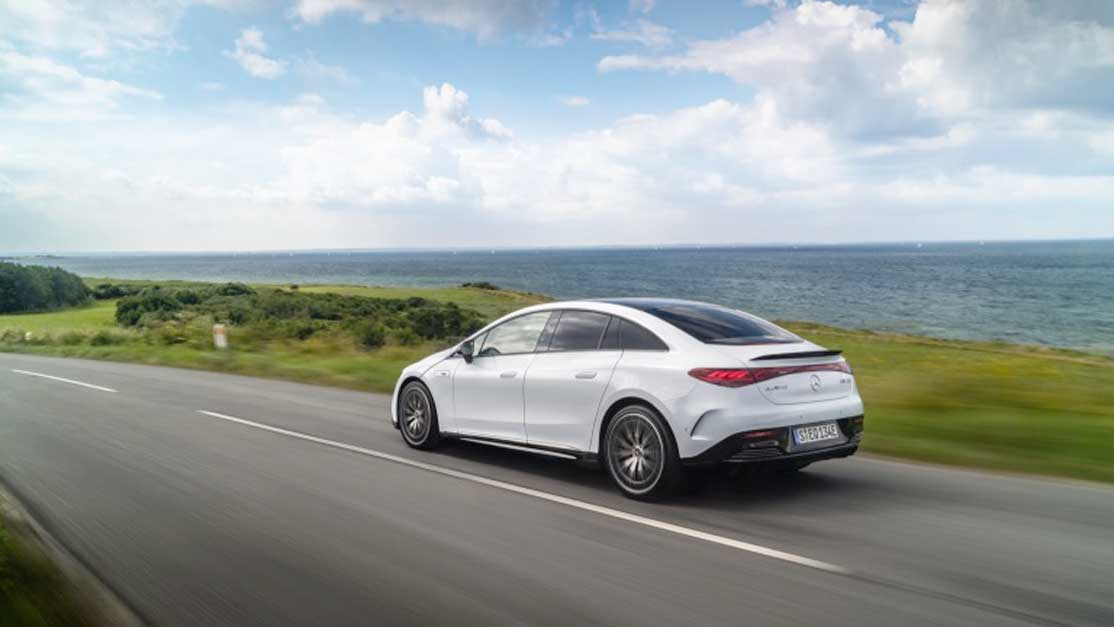
In this time, much has been learned about what makes a good EV and what the driver truly needs in order to have an enjoyable, and reliable, car experience. And manufacturers face a number of ongoing challenges - costs of their product, availability of finance products to fund them, charging infrastructure and costs to name but a few.
The ZEV Mandate is here but still we are witnessing a swathe of anti-EV literature in the press and media, which can often do no more than to add to the hysteria about the fragility of lithium tech. In their latest article, one of the biggest anti-EV protagonists discusses the “astronomical costs to replace tyres” with an electric car, in particular the notion that this is some sort of hidden cost which UK drivers will face.
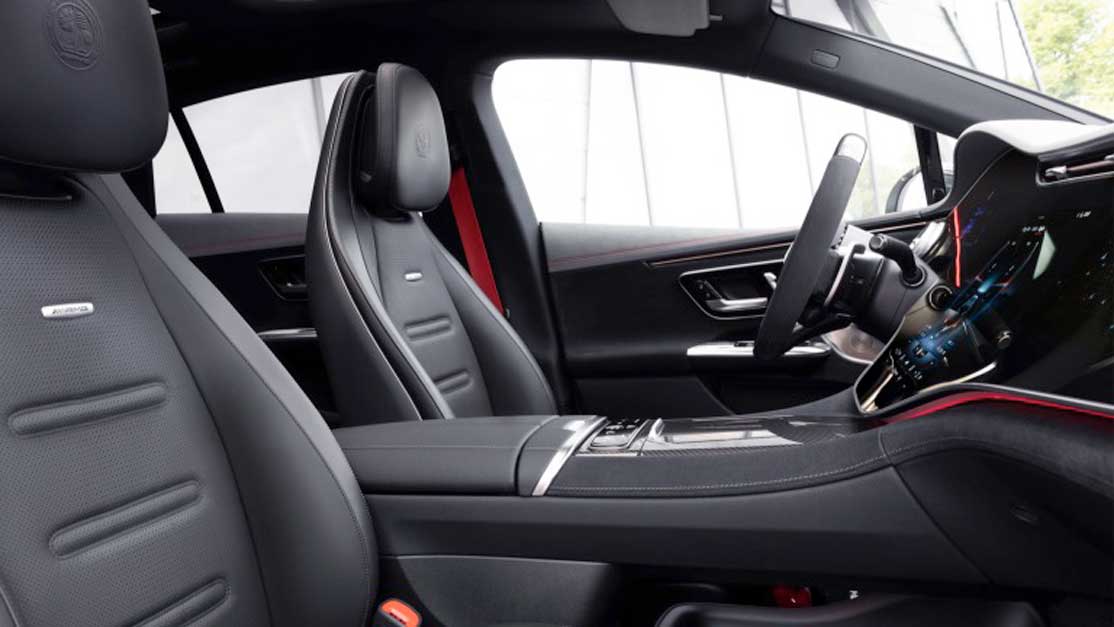
The article refers to an elderly car driver and his experience with the popular VW ID.3. In short, the customer was a little concerned about changing tyres at 7,500 miles, in comparison to his combustion experience at around 25,000.
And if wholly correct, this is something which would be understandably difficult and frustrating for a customer to experience. But this article is just one example and caution should be exerted if we are to move the EV process along in a factual and certain manner.
By that we mean the individual stories, which have both pros and cons, need to be considered against more resolution data and bigger samples. In fact, this is something which Epyx, whose 1link Service Network platform is used by car and van fleets totalling more than four million vehicles, did last year for the UK. What is being shown in their data is that the cost of tyres on EVs is now averaging just above £200 with traditional combustion at around £130.
Much of this is down to the reinforced sidewalls on an EV tyre which needs to manage the additional weight of batteries. On durability it was found that the average for an EV is just under 18,000 compared to the 24,500 for a petrol and diesel.
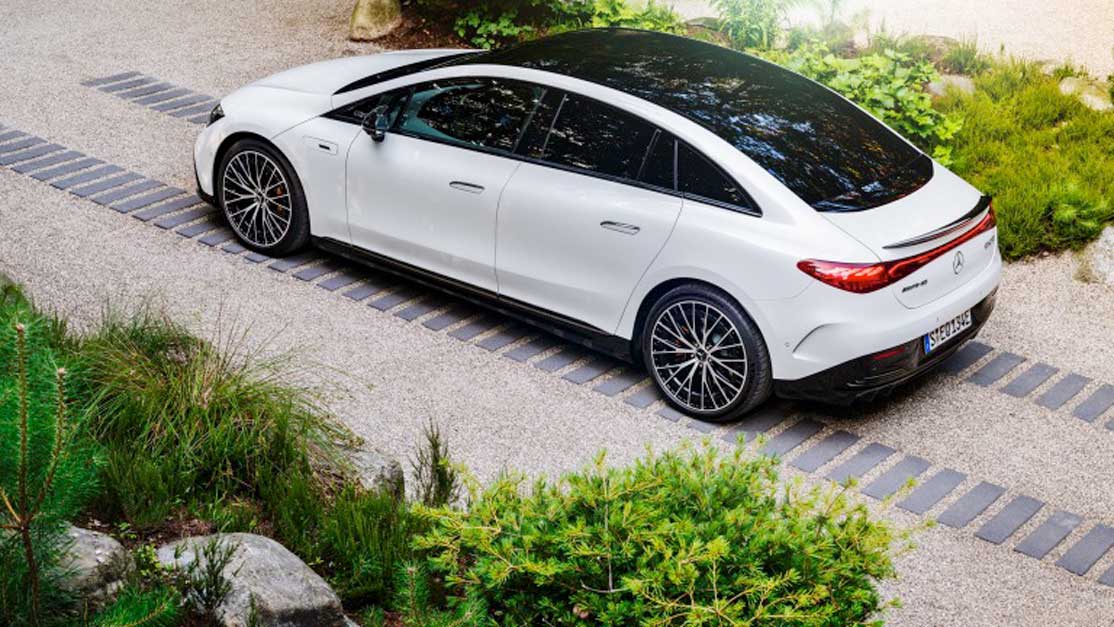
So there is a clear cost, and shelf life, disadvantage with an EV. But it also needs to be stated that this simply needs to be communicated to a customer so that they can make an informed decision, as opposed to the mantra that this is a scandal or attempted fraud by the EV industry.
It’s also important to use bigger samples, rather than just the 80 year old Mr Bassett with his VW ID3. Driving styles and behaviours, not to mention environmental factors impact how our tyres will wear.
It also needs to be identified that for the contract hire and leasing industry, many of us brokers will offer a fully-maintained, or funder-maintained, arrangement to ensure the customer can compare the cost of self-service v inclusion in the contract (for an additional price).
With leasing, the maintenance packages do include all servicing, maintenance and tyres. But for the latter, this is not just for fair wear and tear; the cost of any puncture repairs and replacements. If you are risk averse, this supposed fundamental concern with an EV can be easily and quickly overcome. And what isn’t taken into account are other cost-savings EVs like the new Mercedes EQE offer - cheaper servicing costs, cheaper charging costs compared to petrol and diesel not to mention the enhanced driving experience.
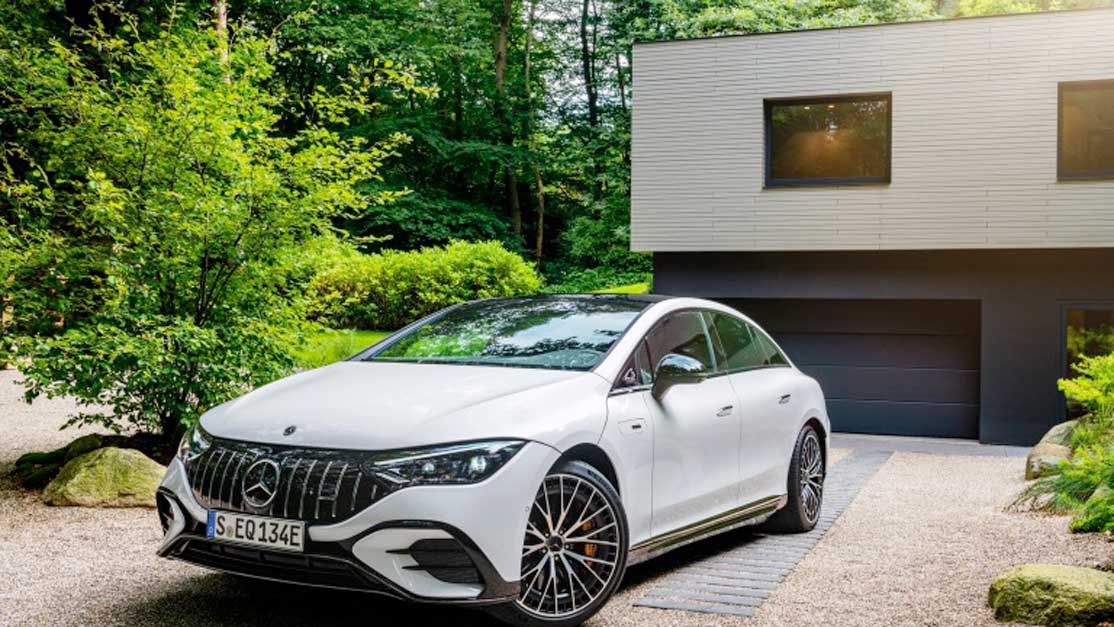
And the updated Mercedes EQE saloon is set to offer the UK’s leasing customers an “electrifying experience” in 2024. Having initially launched in 2022, the German engineered saloon was seen as a direct competitor to the popular Tesla Model 3 and S which have dominated the UK’s market since 2019.
While popular, the EQE has now received some upgrades and changes to help secure this as an EV company car of choice against the Tesla plus other competition like the BMW i5, Polestar 2 and Hyundai Ioniq 6. In truth, Mercedes have needed to push forward in the electric sector, as other brands have been more cavalier and Audi / BMW have managed to register more EVs in most months. Plenty specification options will be available to UK leasing customers with the following:
- Sport Edition - (from £68,360) this includes Advanced Package, Display Package, Mirror Package, wireless charging, smartphone integration, Base Package, 19” alloys, Electric Art Interior, tinted glass, metallic paint, climate control, 4-way lumbar support, heat pump, heated front seats, multifunction steering wheel, 5G module, Apple CarPlay, Active lane Keeping Assist, Comfort Connectivity Package, Parking Package and pedestrian protection;
- AMG - (from £72,610) this includes AMG Line Exterior and Interior, 10” alloys, comfort seats, leather interior and comfort suspension;
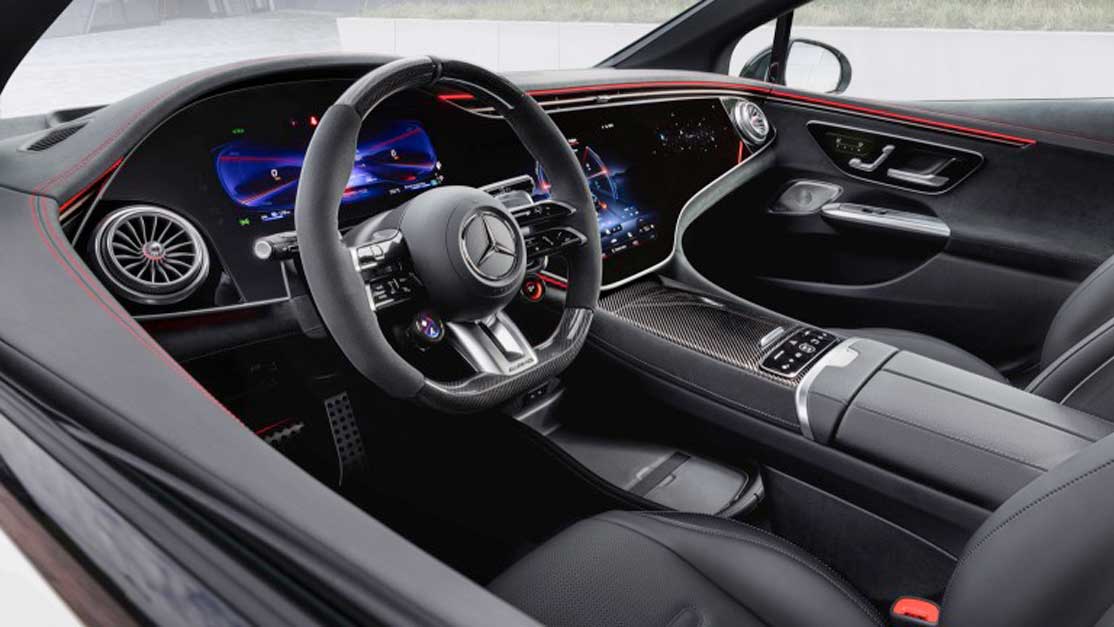
- Night Edition Premium - (from £78,610) this includes Advanced Plus Package, Driving Assistance Package, Keyless-Go, remote boot closing, Digital light with projection, panoramic sliding sunroof, energizing air control, active distance assist DISTRONIC plus; and
- Night Edition Premium - (from £84,610) this includes Display Package with the OLED central display and widescreen cockpit. cockpit.
But how will the new EQE perform - is it a good EV for company car drivers?
The brand have confirmed two battery derivatives will be available for the UK market including:
- EQE 300 - the 89 kWh lithium-ion battery will offer 0 – 62 times of 7.3 seconds, 130 mph top speeds and 180 kW (or 241hp). This model is a RWD option. Expect a combined winter range of 270 miles with warmer weather allowing for 375 miles - 325 miles combined. On charging, the 11 kW AC max will allow 9 hour and 45 mins 0 – 100% charging times with the 170 kW DC maximum allowing 33 minute 10 – 80% times. This has a cargo volume of 430L and vehicle fuel equivalent of 148 mpg. This model can tow 750 kg braked and 750 kg unbraked. A heat pump is standard. This saloon will not yet feature bidirectional charging;
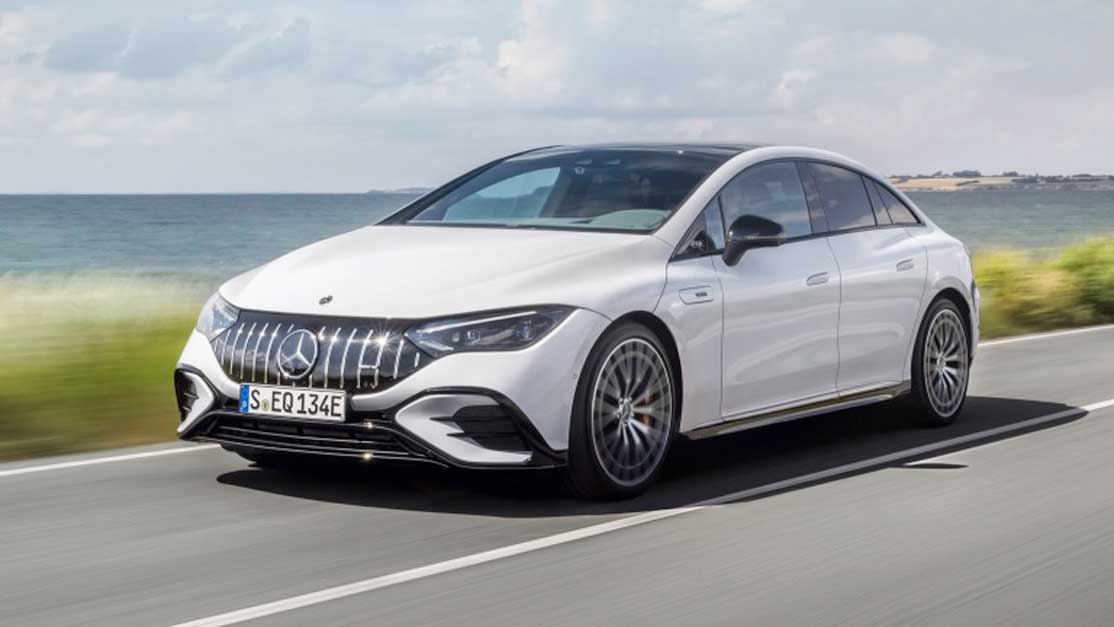
- EQE 350+ - the 96 kWh lithium-ion battery will offer 0 – 62 times of 6.5 seconds, 130 mph top speeds and 215 kW (or 288hp). This model is a RWD option. Expect a combined winter range of 285 miles with warmer weather allowing for 395 miles - 345 miles combined. On charging, the 11 kW AC max will allow 10 hour and 30 mins 0 – 100% charging times with the 173 kW DC maximum allowing 30 minute 10 – 80% times. This has a cargo volume of 430L and vehicle fuel equivalent of 145 mpg. This model can tow 750 kg braked and 750 kg unbraked. A heat pump is standard. This saloon will not yet feature bidirectional charging;
- EQE 53 4Matic - the 90.6 kWh lithium-ion battery will offer 0 – 62 times of 3.5 seconds, 137 mph top speeds and 460 kW (or 617hp). This model is a AWD option. Expect a combined winter range of 235 miles with warmer weather allowing for 320 miles - 280 miles combined. On charging, the 22 kW AC max will allow 5 hour 0 – 100% charging times with the 173 kW DC maximum allowing 28 minute 10 – 80% times. This has a cargo volume of 430L and vehicle fuel equivalent of 125 mpg. This model can tow 1700 kg braked and 750 kg unbraked. A heat pump is standard. This saloon will not yet feature bidirectional charging.
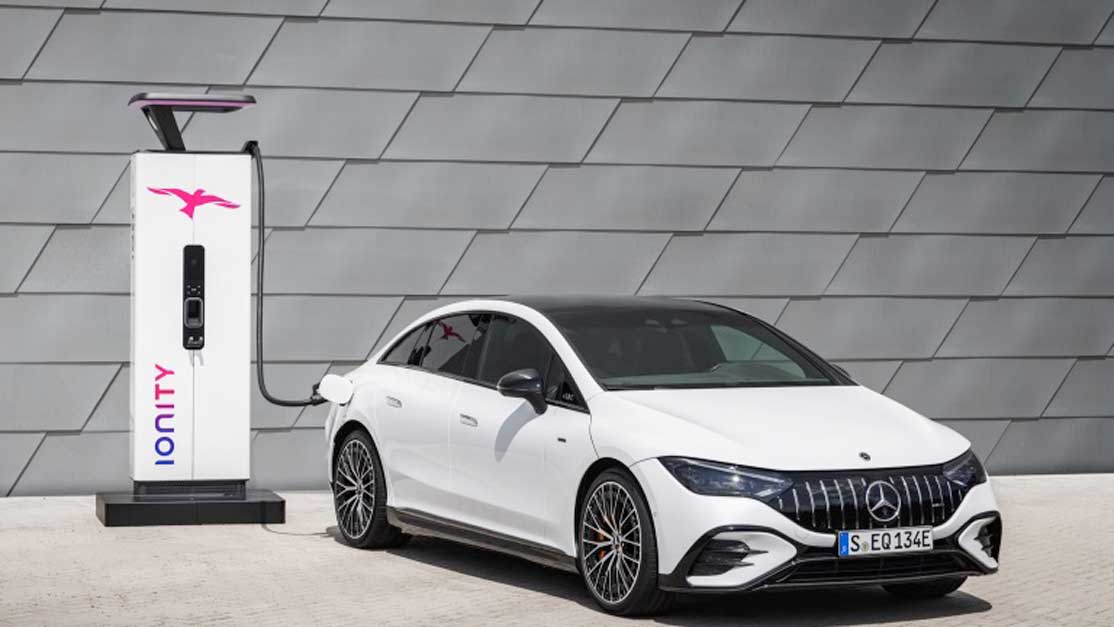
With some serious range capabilities and an array of specification, the Mercedes is aiming to be the EV saloon of choice for 2024. But this will not be easy against a backdrop of stiff competition and topsy-turvy news and media when it comes to electric transportation.
Need more help and advice on your new Mercedes EV? Just get in touch with our team on 01942 910 001 or by emailing us at [email protected]
e-car lease work alongside these select finance companies:





e-car lease have a partnership and affiliation with:



Register & get new deals weekly
 Exclusive offers
Exclusive offers
 Electric-only deals
Electric-only deals
 Never miss out
Never miss out

Talk to one of our experts
01942 910 001 Email usLeasing


© Copyright 2025 e-car lease. All rights reserved. e-car lease is a trading name of CarLease (UK) Ltd, e-car lease is a credit broker and not a lender. We are authorised and regulated by the Financial Conduct Authority. Registered No: 706617. BVRLA Membership No. 1471. Registered in England & Wales with Company Number: 09312506 | Data Protection No: ZA088399 | VAT No: 200422089 | Registered Office: Kings Business Centre, Warrington Road, Leigh, Greater Manchester, WN7 3XG
Made by morphsites®












